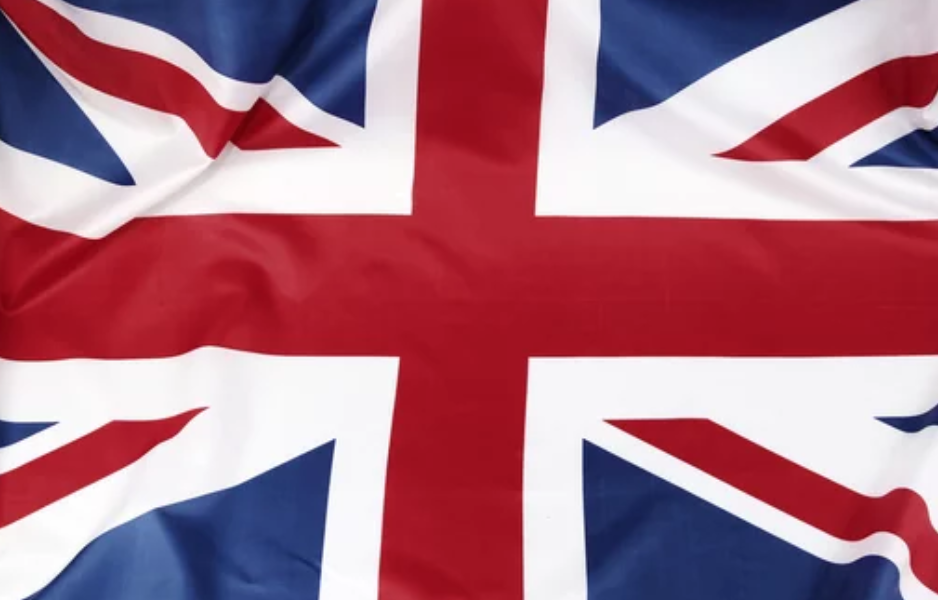
In the annals of history, few nations can boast a legacy of democracy as rich and storied as that of the United Kingdom. From the seminal signing of the Magna Carta in 1215 to the establishment of the modern parliamentary system, the evolution of British democracy is a tale of resilience, reform, and relentless pursuit of political liberty.
The Magna Carta: A Foundation for Liberty
The journey of British democracy finds its origins in the historic sealing of the Magna Carta at Runnymede, a meadow by the River Thames, in the year 1215. Confronted by King John’s despotic rule and arbitrary taxation, England’s barons rose in defiance, compelling the monarch to concede to a document that would shape the course of history.
The Magna Carta, Latin for “Great Charter,” was a groundbreaking assertion of individual rights and limitations on royal power. While its immediate impact was modest, its principles laid the groundwork for the development of constitutional law and the protection of fundamental freedoms. From clauses guaranteeing due process to provisions curbing the abuse of authority, the Magna Carta sowed the seeds of democratic governance in England.
The Emergence of Parliamentary Democracy
The centuries following the Magna Carta witnessed a gradual shift towards representative government, marked by the establishment of the English Parliament. Initially a consultative body convened by the monarch, Parliament evolved into a forum for debate, legislation, and the assertion of popular sovereignty.
The pivotal moment in the evolution of parliamentary democracy came with the Glorious Revolution of 1688, which saw the overthrow of King James II and the ascension of William and Mary to the throne. The subsequent adoption of the Bill of Rights in 1689 affirmed the supremacy of Parliament, enshrined basic civil liberties, and laid the groundwork for constitutional monarchy.
The Reform Acts: Expansion of Suffrage and Representation
The 19th century witnessed the dawn of a new era in British democracy, characterized by the struggle for electoral reform and the extension of suffrage. The Reform Acts of 1832, 1867, and 1884 dismantled centuries-old electoral inequalities, broadened the franchise, and ushered in a more inclusive political system.
The Reform Act of 1832, often hailed as the Great Reform Act, addressed widespread corruption and gerrymandering in parliamentary elections, redistributing seats and enfranchising urban middle-class males. Subsequent reforms expanded suffrage to include rural laborers, working-class urban dwellers, and eventually women, albeit through gradual and incremental steps.
The Rise of Party Politics and Welfare State
The advent of party politics in the 19th century brought about a new dimension to British democracy, with the emergence of the Conservative and Liberal parties as dominant political forces. The rivalry between these two camps laid the groundwork for the adversarial parliamentary system and paved the way for the modern welfare state.
Under the leadership of Prime Minister William Gladstone and later Benjamin Disraeli, Britain witnessed a wave of social and legislative reforms aimed at ameliorating the plight of the working class and addressing socioeconomic inequality. From the establishment of public education and labor rights to the introduction of social welfare programs, the Victorian era heralded a transformative period in British governance.
The Challenges of the 20th Century: World Wars and Decolonization
The 20th century posed formidable challenges to British democracy, as the nation grappled with the ravages of two world wars and the decline of its global empire. The First World War shattered the illusions of imperial grandeur and precipitated a seismic shift in global power dynamics, while the Second World War inflicted unprecedented destruction and necessitated post-war reconstruction.
Amidst the trials of war and economic upheaval, Britain confronted the realities of decolonization and the dismantling of its overseas empire. The granting of independence to former colonies in Africa, Asia, and the Caribbean signaled the end of an era and forced Britain to redefine its role on the world stage.
Towards a Modern Democracy: Devolution and European Integration
In the latter half of the 20th century, Britain embarked on a path of constitutional reform and European integration, reflecting the changing dynamics of global politics. The establishment of the Scottish Parliament, the National Assembly for Wales, and the Northern Ireland Assembly in 1999 marked a significant devolution of power from Westminster to the regions, addressing long-standing demands for autonomy and self-governance.
Simultaneously, Britain’s integration into the European Union (EU) brought about unprecedented economic and political cooperation, culminating in its decision to join the European Economic Community (EEC) in 1973. While membership in the EU brought tangible benefits in terms of trade and prosperity, it also sparked contentious debates over sovereignty and the erosion of national identity.
Conclusion: The Ongoing Evolution of British Democracy
As we reflect on the journey of British democracy from the Magna Carta to modern governance, it becomes evident that the pursuit of political liberty is an ongoing and iterative process. From its humble beginnings in a meadow by the Thames to its current incarnation as a parliamentary democracy, Britain’s democratic journey is a testament to the enduring values of freedom, justice, and equality.
While challenges abound and the landscape of governance continues to evolve, the principles enshrined in the Magna Carta endure as a beacon of hope and inspiration for future generations. As we navigate the complexities of the 21st century, let us remain steadfast in our commitment to democracy, and vigilant in safeguarding the rights and liberties of all citizens.
In the words of Winston Churchill, “Democracy is the worst form of government, except for all those other forms that have been tried from time to time.” Let us cherish and defend the legacy of British democracy, ensuring that it remains a shining example of governance by the people, for the people, and of the people.